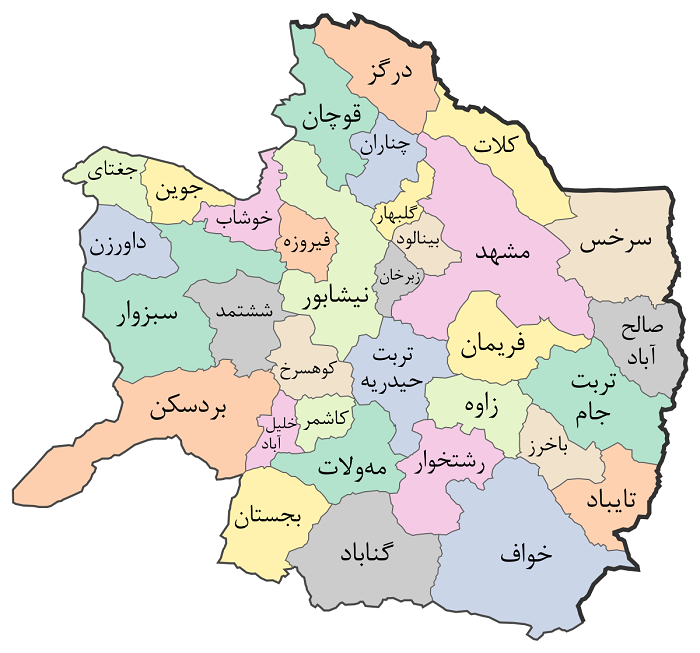Lack of technology has led to the export of raw minerals

Chairman of the Specialized Association of Mines of Khorasan Razavi: In the case of some minerals, the lack of technology causes the mineral to be exported in raw form.
According to the International Iranian Stone Exhibition, Hossein Hosseinzadeh stated regarding the problems of the mining area of Khorasan Razavi province: In the past few years, the issue of preventing the sale of raw materials has been raised by the Supreme Leader and the officials tried to resolve this issue. In the past, crude minerals were sold a lot, and to prevent this, measures were taken, including imposing duties on the export of crude minerals. Mineral processing creates good added value and avoids high export duties.
He added: "One of the reasons that miners sometimes export minerals raw is higher rates of selling minerals and receiving cash in cash, while domestic factories buy minerals cheaper and pay for them in the long run." . If domestic prices approach export prices, exporters will prefer to sell minerals to domestic industries.
The head of the Khorasan Razavi Mines Association stated: "Currently, good activities are being carried out in the field of iron ore." Processing of iron ore means turning it into iron concentrate and in the next stage turning it into iron pellets, iron pellets are used as feed for steel industries. Currently, large and important stone mines have moved towards the establishment of iron concentrate and iron pellet units, some of which have been opened and are in operation, and others will be opened in the near future. For example, we can mention the Sangan Khaf region in Khorasan Razavi.
He pointed out that today 25% of the duties are considered for the export of raw iron ore, he continued: In this regard, companies in Khorasan Razavi that have had high facilities, have established processing plants and have been very successful. In the field of copper, good activities have been done in the country.
The head of the Khorasan Razavi Mines Association said about the minerals that are still being exported in raw form: The main minerals that are still exported in raw form are chromite and iron ore. Of course, iron ore exports are declining, but in the case of chromite, its processing technology does not currently exist.
Regarding foreign investment in the province, he said: "Currently, foreign investment in the field of mining in the province is not taken seriously due to existing laws, and our laws are not such as to attract foreign investors."
Hosseinzadeh said about the activities of the private sector for mineral processing: "There is a lot of interest in this field, but since processing requires high investment, most companies active in this field are special."
He pointed to the countries where minerals are exported in raw form, stating that most minerals such as iron ore and materials such as chromite are exported to China, but a small amount of minerals may be smaller in terms of volume of operations to India and Turkey. Also be issued.
Regarding the current situation of mining problems, the head of the Khorasan Razavi Mines Association said: "Unfortunately, sometimes there are cases that make the miner desperate." The mining law was supposed to be amended last year. The amendment of the Mining Law is under consideration in the Parliamentary Committee on Industries and Mines. But according to rumors, laws have been passed in this commission, which, unfortunately, has not been carefully considered. This means that the reforms that have been made will not only not solve a problem, but also add to the problems of the mining sector.
He continued: "For example, in the past, the person who explored a mine, that mine belonged to that person, but recently they have added items to Note 8 of the law that have taken the priority of exploration from the explorer." It is said that if a new mineral is discovered during an operation or more reserves are discovered, it is not related to the original discovery. This is problematic and interferes with work.
Hosseinzadeh said: "Recently, mines that have been inactive have their licenses revoked and put up for auction." But has the mine that has been deactivated been investigated, why no activity is done in it and it has been abandoned? If the reasons for the inactivation of these mines are not investigated, even if the inactive mines are put up for auction, they will remain inactive. Before putting these mines up for auction, they must investigate the reasons for this inactivity.










